Does history repeat itself? A parody.
The Third World War that broke out in September 2014 was not the result of a criminal conspiracy by Vladimir Putin and his oligarchs. The war trials held in Kiev in October 2021, which saw the conviction of Putin’s oligarchs, hid the victors’ share of the blame for the war, let Russian-speakers avoid any responsibility, and created a situation whereby the new West Russia was rehabilitated as a respectable New Cold War ally against China.
Typical Leader, Typical Policy
Putin was not the moral monster the tabloids would have you believe but, in the history of foreign affairs, a typical Russian leader. Under Putin, Russia’s foreign policy didn’t differ from that of the Soviet Union and the tsar’s Russia before it. As a nationalist, Putin was no better or worse than David Cameron or Francois Hollande. He merely wished to make Russia a strong and respected power in Europe, but he did not want or plan war. The outbreak of war in 2014 was an unfortunate accident caused by mistakes on all sides.
Putin was a simple opportunist, with few strong beliefs other than the pursuit of power and a hatred of homosexuals. His foreign policy was one of seizing chances as they offered themselves. His homophobia was not unique: Millions of people around the world were just as ferociously homophobic as Putin and there was no reason to single him out for sharing their beliefs.
The basic problem with Europe between the Cold and Third World Wars was a flawed plan for the breakup of the Soviet empire that was sufficiently onerous to ensure the overwhelming majority of Russians would always hate it, but insufficiently onerous in that it failed to destroy Russia’s potential to be a great power once more.
After a generation, Russia’s latent power that NATO could not destroy during the non-shooting Cold War inevitably reasserted itself against the Western bankers and the international system, which Russians regarded as unjust and thus had no interest in preserving. Though the Third World War was not inevitable and the Soviet empire’s demise was nowhere near as harsh as contemporaries like Yegor Gaidar argued in his 2007 Collapse of an Empire, what he regarded as a flawed “too far, too fast” austerity plan for the new Russia made the war more likely than not.
Nationalist Fervour
After the ousting of Ukraine’s president, Viktor Yanukovich, Russian-speakers supported by Russia moved quickly in Crimea, using the protection of Russian speakers’ right to national self-determination and the plebiscite as justification. The same happened in eastern Ukraine. As in Crimea, it was not clear whether the protests of Russian-speaking eastern Ukrainians were instigated by Russia. Again, the West did little, both because it simply could not project its military power quickly enough to react to the pace of events, nor was it willing to.
On the third day of the Russian campaign, a special BBC outside broadcast relayed to the world live at 11:15am these words of the British prime minister: “I am speaking to you from the Cabinet room at 10 Downing Street. This morning the British ambassador in Moscow handed the Russian government a final note stating that, unless we heard from them by 11 o’clock that they were prepared at once to withdraw their troops from Ukraine, a state of war would exist between us. I have to tell you now that no such undertaking has been received, and that consequently this country is at war with Russia.”
Russian-speakers in the Baltics, inspired by their Crimean brethren, began agitating for independence. British, French and NATO military promises to the Baltic States were ignored by the Baltic Russian-speakers in their nationalist fervor for reunification with the motherland, nor did the Russian government and its armed forces see them by this late stage as anything other than empty gestures. Putin had tried to deescalate the crisis, though noted commentators pointed out that national sentiments and cultural and linguistic sensitivities were too strong for him to control.
Western Wavering and Prevarication
After the annexation of Crimea, British Prime Minister Cameron resisted calls to put industry on a war footing, convinced that such an action would persuade Putin that his counterpart had decided to discard diplomacy.
Despite Putin’s relative quietness as Russia absorbed Crimea, Cameron made trips to Paris and Berlin hoping to incite the French and Germans to stronger sanctions, while also attempting to relaunch negotiations, to which Russia agreed to be held during April 2014 in Geneva. However, public revulsion over the “Pogrom Night” against gays in Russia during these negotiations, at a time when the Western world was celebrating numerous gay pride events, made any attempt at a rapprochement with Putin unacceptable.
This was followed soon after by Russia intervening in the eastern provinces of Ukraine to quell the violence that had broken out between pro- and anti-Russian Ukrainians from Zaporizhzhya in the southeast, up through Donetsk and Luhansk, and to Kharkiv in the northeast. The British prime minister wondered publicly whether this move into eastern Ukraine was “the end of an old adventure, or the beginning of a new.”
Cameron then reasserted the interlocking series of defense pacts, both of NATO with the Baltic States as well as with Kiev, as a means of deterring Putin from war. The prime minister informed an approving House of Commons of British and French guarantees that they would lend Ukraine all possible aid, in the event of any action that threatened Kiev’s independence. He went as far as to double the size of the Territorial Army.
The British government even accepted an offer of negotiations with Sergei Aksenov, the new Crimean strongman, who offered not to aid Russia in any further annexation of Ukraine. The Liberal and Conservative coalition, despite many in the Cabinet leaking that they wanted peace at any price, distrusted Aksenov on his human rights record. Talks with Crimea, therefore, dragged on and eventually foundered on August 14, 2014.
A week after the failure of these talks, Crimea and Russia signed the Lavrov-Aksenov Pact, which publicly committed the countries to non-aggression toward each other. A secret element to their agreement divided up western Ukraine and the Baltics in the event of war. Cameron had dismissed rumors of such a deal, and belittled the significance of the publicly-announced pact, stating that it in no way affected British obligations toward the rump of Ukraine and the Baltics.
To this end, on August 23, Cameron had Foreign Secretary William Hague deliver a letter to Putin telling him that Britain was fully prepared to live up to its obligations to what was left of Ukraine. Putin instructed his generals to prepare for an assault on Kiev, telling them: “Our enemies are small worms. I saw them at Geneva.”
In the early hours of September 1, 2014, Russia marched into western Ukraine and the Baltics. By nightfall, T-90 tanks were seen trundling down the tree-lined avenues of Talinn, Riga and Vilnius, and had the outskirts of Kiev in their scopes.
On the third day of the Russian campaign, a special BBC outside broadcast relayed to the world live at 11:15am these words of the British prime minister: “I am speaking to you from the Cabinet room at 10 Downing Street. This morning the British ambassador in Moscow handed the Russian government a final note stating that, unless we heard from them by 11 o’clock that they were prepared at once to withdraw their troops from Ukraine, a state of war would exist between us. I have to tell you now that no such undertaking has been received, and that consequently this country is at war with Russia.”
*[Read the final part here.]
The views expressed in this article are the author’s own and do not necessarily reflect Fair Observer’s editorial policy.
Support Fair Observer
We rely on your support for our independence, diversity and quality.
For more than 10 years, Fair Observer has been free, fair and independent. No billionaire owns us, no advertisers control us. We are a reader-supported nonprofit. Unlike many other publications, we keep our content free for readers regardless of where they live or whether they can afford to pay. We have no paywalls and no ads.
In the post-truth era of fake news, echo chambers and filter bubbles, we publish a plurality of perspectives from around the world. Anyone can publish with us, but everyone goes through a rigorous editorial process. So, you get fact-checked, well-reasoned content instead of noise.
We publish 2,500+ voices from 90+ countries. We also conduct education and training programs
on subjects ranging from digital media and journalism to writing and critical thinking. This
doesn’t come cheap. Servers, editors, trainers and web developers cost
money.
Please consider supporting us on a regular basis as a recurring donor or a
sustaining member.
Will you support FO’s journalism?
We rely on your support for our independence, diversity and quality.



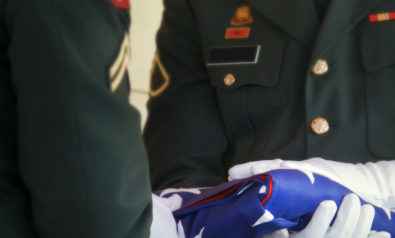


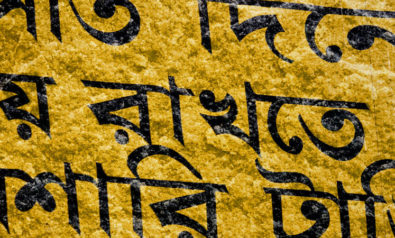
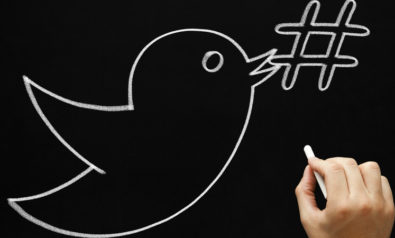
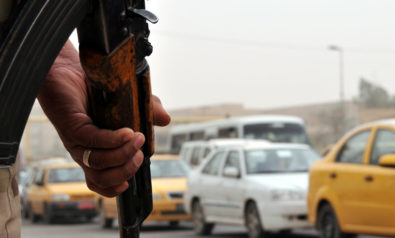

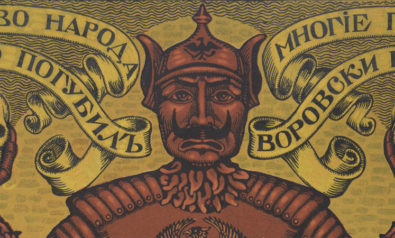
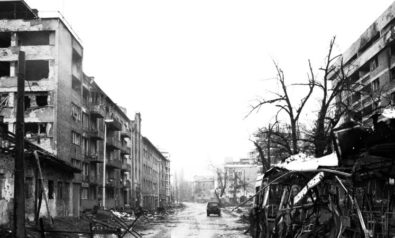

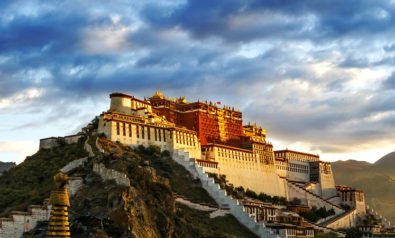
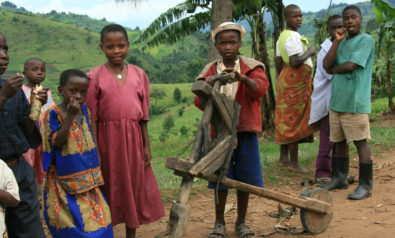
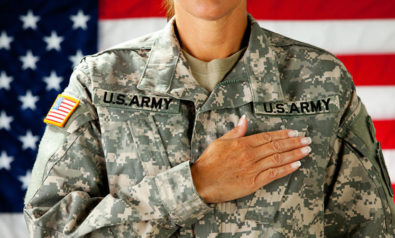
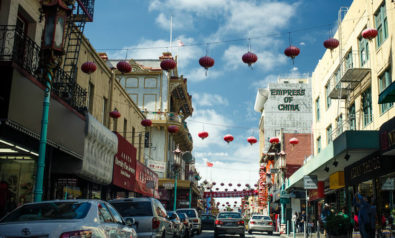

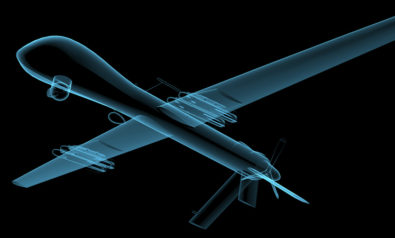
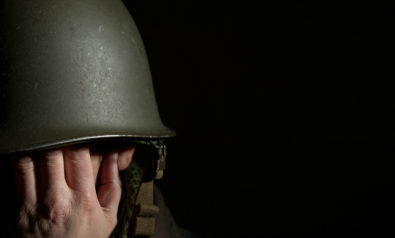
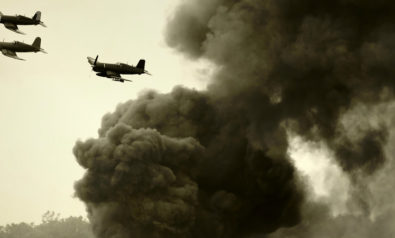



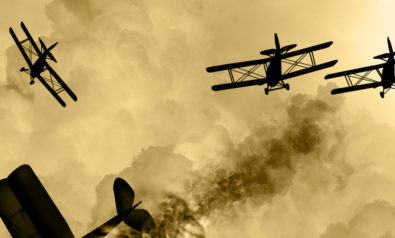
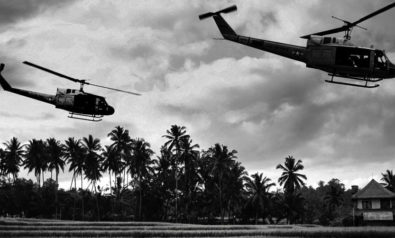

Comment